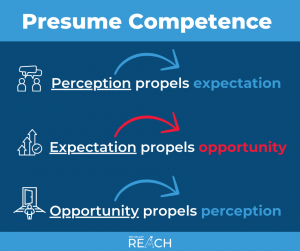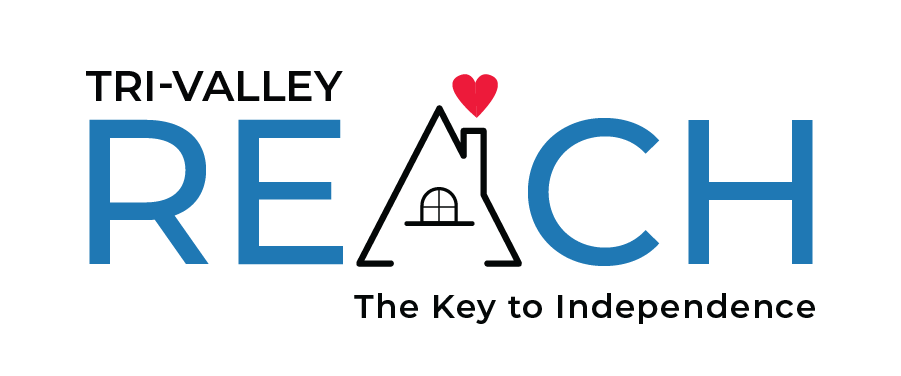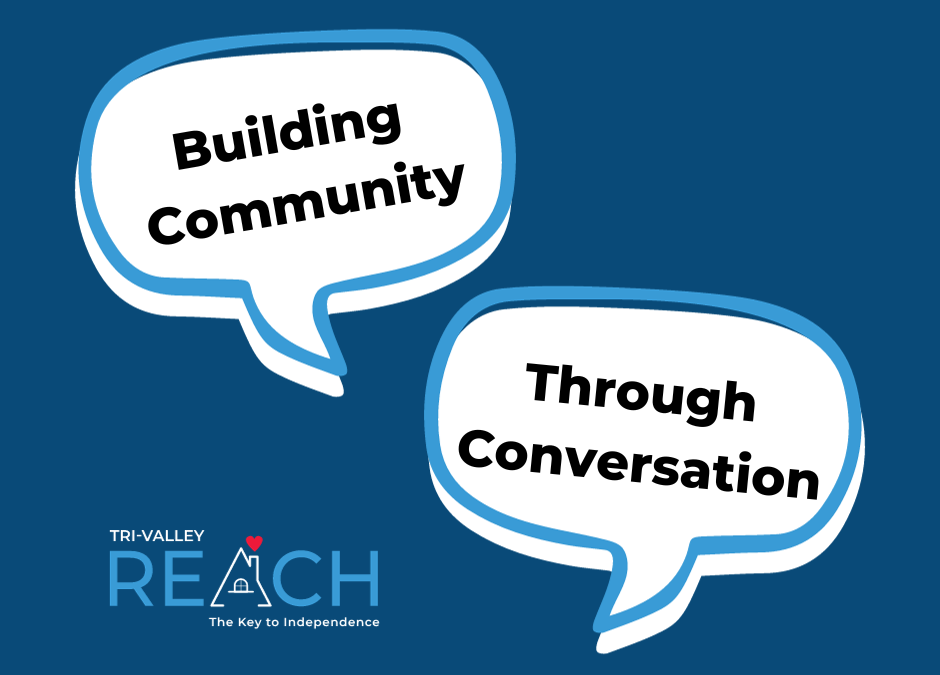Reframing Disability: Changing your Lens
Defining Neurodiversity: Chances are you have heard the terms neurodiversity and neurodivergent lately. Neurodiversity is the concept that we all think and interact with our environment differently and that there is no one right way of interacting with the world around us. The term neurodiversity encompasses all types of brain differences including, but not limited to, neurotypical, autistic, dyslexic, and Intellectual Disability. The term neurodivergent refers to an individual who falls into one of the many categories other than Neurotypical. 
A Different Lens: Within the paradigm of neurodiversity, differences are not viewed as deficits – they are simply differences.This is an important distinction as it changes our lens of how we view people who think or act differently than us. When we view these differences as deficits, it can impact the way we interact with neurodivergent individuals and cause us to overlook their true abilities.
Presume Competence: To take this concept further, it is important to presume competence when interacting with all individuals, but especially our neurodivergent peers. For example, it is easy to look at someone who doesn’t use words to speak and make assumptions about their ability to communicate and their level of intelligence. If we presume competence and embrace alternative methods of communication for these individuals, we will likely discover that they have a lot to say. It’s easy to make assumptions about competence and ability by judging what we see on the outside. Honoring differences, presuming competence, and taking the time to get to know those who appear “different” from us can only enrich our lives and positively impact our society as a whole. 
Language Matters: Our language is also very important when speaking about differences and disabilities. Common terms and descriptors of disability have changed significantly over the years. Historically, these terms have been created by non-disabled individuals to describe disabled individuals. Groups like Disability Reframed, founded by and comprised of disabled individuals, are taking back the terms disability and disabled to help erase the stigma around disability. Person-first language, which has been the standard for many years, is gradually being replaced by identify first language. For example, where it once was preferred/common to say “Individual with a disability,” using terms like “disabled individual” is now becoming preferred by disabled individuals. Of course, always use the term preferred by each individual and don’t be afraid to ask their preferences.
Impact: Whether the term neurodiversity is new to you or you are already familiar with the concept, we can all benefit from reminding ourselves that we all experience our world in different ways. Understanding this and changing our lens through which we view others who don’t look, speak, or present like we do is helpful to all humans in their journey of living their true authentic selves. Changing our lens changes our actions and changing our actions transforms how we interact with both our neurotypical and neurodivergent members of society. This can make all the difference in the lives of those who have historically had a difficult time “fitting in” with societal norms.
How can you change your lens?
Learn from adults with lived experience. If you want to learn about disability, talk to disabled people. Learning their perspective and their everyday challenges is not only informative and enriching to you, it can also lead to ideas to help support change. And, you may make a new friend!
Presume Competence. We all make first impression judgments – it’s a human trait. Once we recognize this, we can make ourselves available to getting to know others on a deeper level. This opens us up to learning about differences in communication, learning styles and living styles.
Understand and accept that disabilities are simply a difference, not a disorder. When we pathologize disability by labeling it a disorder, it can be stigmatizing and may create an “us versus them” barrier. Accepting disabilities as simply a difference paves the way to accepting and including others.
References:
- https://www.disabilityreframed.com/
- https://www.goucher.edu/accessibility-services/resources/faculty-and-staff-resources/affirming-disability-language-and-considerations
- https://www.health.harvard.edu/blog/what-is-neurodiversity-202111232645
- Presume Competence meme from Rachael M. Langley, MA, CCC-SLP with content from PrAACtical AAC

